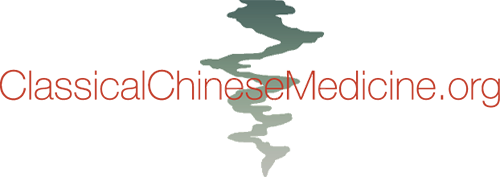Eye Of The Storm
Scholar-physicians Lorie Eve Dechar, Will Morris, Vasanthi Vanniasingham, Lonny Jarrett, Randine Lewis, Alexander Love, and Heiner Fruehauf discuss the changing culture and time we find ourselves in and its impact on humanity. This is the 15th release in a monthly series of discussions considering the integrality of Chinese medicine and its place in our time.
